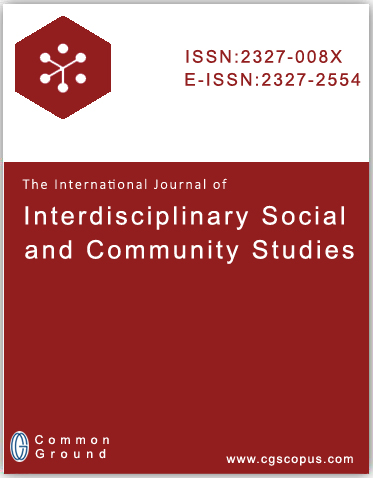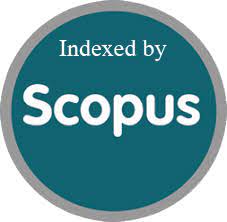TRADITIONAL CONCOCTED OATH (MBIAM) AND ITS POTENCY IN MAINTAINING LAW AND ORDER IN ANNANG TRADITIONAL SOCIETY OF AKWA IBOM STATE, NIGERIA
DOI:
https://doi.org/10.18848/d6va8q39Keywords:
Concocted Oath (Mbiam), Potency, Law, Order, Akwa Ibom, NigeriaAbstract
The study examines the potency of Traditional Concocted Oath (Mbiam) in Annang society, investigating its cultural, social, and legal implications. The mbiam involves an intricate ritual process, including spiritual invocation and communal witness. This traditional oath, which serves as a means of maintaining law and order in Annang land, has faced challenges associated with integrating it with modern law enforcement strategies due to issues such as cultural shifts, legitimacy concerns, and the potential abuse. Utilising ethnographic data and conducting interviews with community members, the study assesses the perceived effectiveness of mbiam in contemporary Annang society. The study thoroughly explores the historical origins and development of mbiam and its role in upholding social order, settling disputes, and reinforcing communal norms. Furthermore, it explores the ethical and legal implications of administering such oaths in the contemporary context. The study adopted primary and secondary methods of data gathering with a multifaceted approach in historical reconstruction. The primary sources include oral interviews, while the secondary sources are books, journal articles, newspapers, and magazine publications. The findings shedded light on enduring cultural practices and the traditional justice system within the Annang community, offering insights into the complexities of belief systems and social unity in traditional African societies. The study recommends a collaboration with traditional institutions to complement modern law enforcement efforts, particularly in rural areas where traditional methods are more prevalent, and to establish guidelines to prevent the abuse of traditional oath-taking and ensure the usage is fair, transparent, and respectful of human rights.










